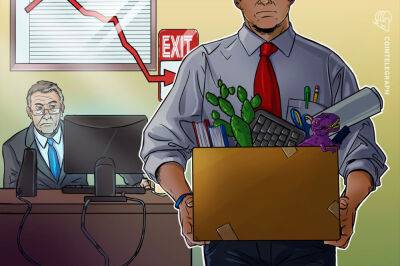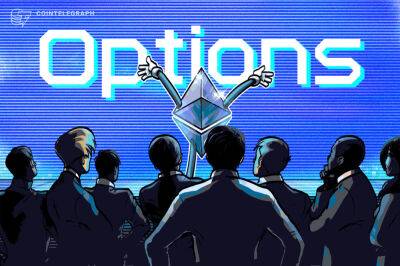Apple Card’s rapid growth, outside vendors blamed for mishaps within Goldman's credit-card business
When it was unveiled in 2019, Apple touted its new credit card as a gamechanger with unheard-of levels of simplicity and transparency.
Behind the scenes, however, the card's rapid growth and the new platform built by Goldman Sachs to service it created difficulties, resulting in failures more reminiscent of a traditional issuer than a customer-first disruptor, according to people with knowledge of the matter.
Goldman struggled to handle a bigger-than-expected influx of disputed transactions, known in the industry as chargebacks, according to the people. Chargebacks happen when a customer seeks a refund for a product or service billed on their card for any number of reasons. The disputes, which put banks in the middle of disagreements between customers and merchants, have surged during the pandemic, according to payments consultants.
When an Apple Card user disputes a transaction, Goldman has to seek a resolution within regulatory-mandated timelines, and it sometimes failed at that, said the people, who requested anonymity to speak candidly about the situation. Customers were sometimes given conflicting information or had long wait times, the people said.
Goldman got more disputes than it counted on, said one source. «You have these queues that you need to clear out within a certain amount of time. The business was getting so big, suddenly we had to create more automation to deal with it.»
Goldman Sachs declined to comment for this article, and an Apple representative didn't immediately answer a request for comment.
Problems at Goldman's card business burst into public view August 4, when the New York-based investment bank disclosed a Consumer Financial Protection Bureau probe over a range of billing and service issues.
Read more on cnbc.com





















